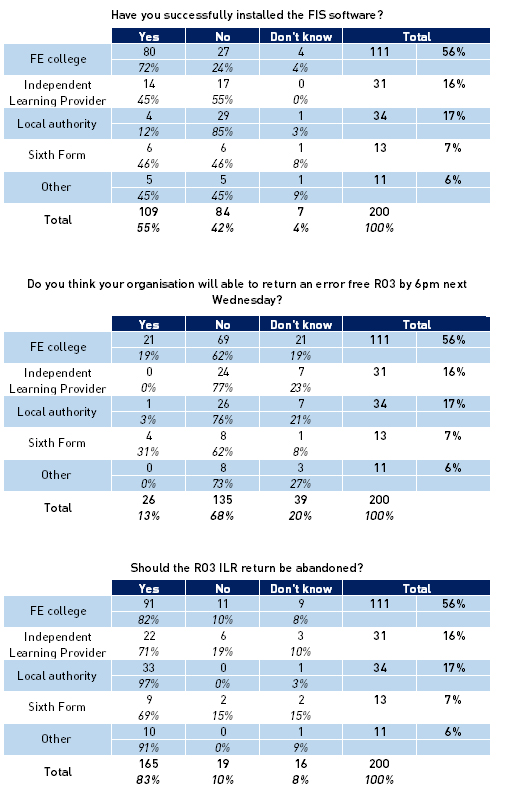Parity should be maintained between how GCSEs and functional skills are valued by the government, says Stella Turner
With the increasing focus on English and maths, the Association of Employment and Learning Providers’ (AELP) members are concerned the positioning of functional skills for English and maths in relation to GCSE should be very clear and transparent.
In some areas, functional skills are now being described as the “interim qualification” or “stepping stone” towards the achievement of GCSEs, which the government sees as the “gold standard”.
In our view there should continue to be parity between the two types of qualifications, with a level two functional skill recognised as equivalent level to GCSE grade A* – C. Functional skills are now well accepted by employers as important components of apprenticeship frameworks and as valuable standalone qualifications.
Employers are beginning to recognise that as well as developing vital skills in English and maths, functional skills can help young people apply skills to different contexts, solve problems, use their initiative and work independently.
At the moment, many learners who have been demotivated by not achieving maths and English GCSEs at grade C or above at school, become more engaged through undertaking functional skills in these subjects.
There are also serious concerns within the sector, particularly among work based learning providers, about the capacity to deliver GCSEs.
This is because these qualifications relate the skills and knowledge to their working and personal life.
GCSEs are, quite rightly, designed for schools, to be delivered over a two year period.
This sometimes makes them unsuitable for use on shorter programmes, roll-on-roll-off provision and for use with disengaged learners.
By comparison, functional skills are flexible qualifications with multiple assessment opportunities, which means they can be delivered in a way that meets the needs of individual learners and their employers.
There are also serious concerns within the sector, particularly among work based learning providers, about the capacity to deliver GCSEs.
We need to build the capacity within all providers to deliver high quality English and maths.
The new support programme for teachers of maths that is being delivered through the National Centre for Excellence in Teaching of Mathematics (NCETM) and bursaries to support those intending to teach English and maths in FE are to be welcomed.
But it is questionable whether these initiatives alone will be able to make up the massive shortfall in maths and English specialists required to deliver the English and maths components of apprenticeships, study programmes and traineeships.
There also needs to be significant investment in improving the teaching and learning of these essential subjects pre-16, in both primary and secondary schools.
In its 2013 policy manifesto, AELP argues an element of outcome related funding should be introduced into schools.
This will encourage schools to focus on ensuring all young people leave the secondary phase of their compulsory education with a solid foundation in English and maths that will underpin progression to further academic or vocational study.
In addition to investment, there also needs to be stability in literacy and numeracy, or as it is now referred to, the English and maths qualifications landscape which has undergone significant transformation in recent years.
Functional skills, which are in their infancy compared to GCSEs, must be allowed to become embedded and their true value in delivering the skills that employers need recognised.
The credibility of functional skills with employers is growing and we need to ensure we continue to embed high quality maths and English functionality in the wider programmes such as traineeships and apprenticeships.
Stella Turner, head of qualifications and delivery at the Association of Employment and Learning Providers



